On Being Imaginative

PHOTOGRAPH BY PARI DUKOVIC FOR THE NEW YORKER
Being Imaginative…
“She is contained but not reserved,” writes John Lahr about Julianne Moore‘s adroit and competent personality as an artist.
Finally published in 1874, The Temptation of St. Anthony was ridiculed by Gustave Flaubert‘s friends. Gathering them all in one place, he read his work out loud in four days. They labeled it as a failure. “Discipline your style” by choosing a commonly accepted, bourgeois topic, said his friends Maxime Du Camp and Louis Bouilhet.
The concept of style discipline was exactly what Flaubert, a true romantic rather than a realist, could not tolerate. To abide by what society expected within its standards, he delved into Emma Bovary’s adulterous affairs and, therefore, published Madame Bovary in 1857. However, he always claimed that The Temptation of St. Anthony, though considered a failure, was the “marriage of his life, and the others were merely affairs” (Wood, 1999, para. 3).
His main attempt was to paint regular prose with the unique hues of rhythmic verse. Though he felt the obligation and zeal to be as truthful as possible when representing reality, he could not resist the urge to infuse reality with imagination. Flaubert adored realism, but he despised it at the same time if it lacked the many colors of fantasy. Through this, he generated a distinctive style even though he kept escaping style every day of his life.
Held captive within the limited box of reality and his overflowing passion for the imaginative details that could bring endless hues into reality, he exclaimed: “in me, when it comes to literature, there are two quite-distinct creatures: one who is very taken with being a loudmouth, with lyricism, with soaring like an eagle with all sonorities of phrase and loftiness of idea; the other who digs and delves into the truth as far as he can, who loves to represent the little detail as powerfully as the other kind, who would like to make you feel almost materially the objects he describes” (Wood, 1999, para. 2).
This, perhaps, shows why Julianne Moore quotes Flaubert: “be regular and orderly in your life, so that you may be violent and original in your work.” Flaubert‘s philosophy reflects in his quotation, bestowing the gift of wings upon one’s imagination. Like Flaubert, Moore believes in following her logic to a solid point where she can completely surround reality with the strength of her imagination.
In 1857, Flaubert expressed that an artist must resemble God’s approach towards treating His creation: “one must sense him everywhere but never see him.” He believed that it is through invisibility of the artist that the objective of art can be purely communicated through the details of one’s imagination. Julianne Moore also adopted a very similar aphorism when she admitted the following: “I try to make myself small. I try not to call attention to myself” (Lahr, 2015, para. 5).
John Lahr of The New Yorker revealed an intriguing concept about Moore by stating that she “doesn’t like to rehearse. She wants to be taken by surprise, and feels that repetition can deaden the experience. She is protecting something extremely vital and untamed that she can unleash on camera” (para. 12). Is this not why Julianne Moore enjoys uttering quotations by Flaubert?

Artist: Eugene Giraud (1806-1881)
Title: Portrait of Gustave Flaubert
Date: 1856
Medium: Oil on Canvas
Current Location: Palace of Versailles
Other Versions Location: Musée National du Château, Versailles
